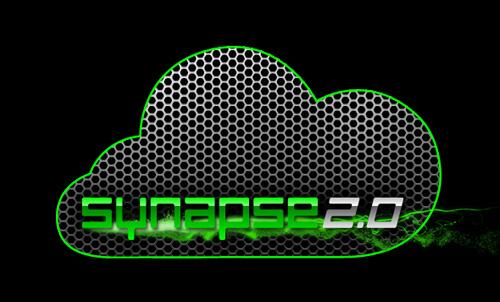|
Amazon Autorip Music service comes to the UK |
||||||||
For those unfamiliar with it, the idea is that you buy music from Amazon in your chosen format (CD or Vinyl, whatever takes your fancy) and a copy of it is automatically added to your Cloud player library.

Screenshot not of my library, I mean come on 'Lady Antebellum'
It's not completely comprehensive at the moment as not all songs are included but there are nearly 400 thousand albums so a fair bit of your catalogue should be in there. Just lookout for the AutoRip logo when you make a music purchase. Searching the Amazon store displays a list of the available Albums – AutoRip list.
If you don't have Amazon's cloud music player you can get it here:
An interesting angle from my professional perspective (Telecoms) is that the Amazon player does not compress the music it streams. It is full Bitrate streaming MP3. So this could have a fairly large impact on your data plan. Considering that the Amazon sells 320kbs format MP3's and that albums come in at around 160mb to 200mb you are going to start chewing through data quickly.
Its services like this that start to make unlimited data tariffs a little more attractive. These 'over the top' services are often the things that create and then drive consumer demand. This additional demand in turn shapes future network design and infrastructure, which is then monetised in new price plans and tariff designs.
Footnote: The other thing this does is handily show you that you've spent WAY too much money on music @ Amazon.
|
Razer create a totally unnecessary cloud based system |
||||||||
A recent blog post on www.overclock.net sparked my interest in a particularly strange decision from Razer. Razer are a hardware manufacturer that produce gaming peripherals, like Mice and Keyboards.
To use your new Razer device as the amazing multi button, Macro driven gaming peripheral that it was designed as, you have to have an account and a profile with them. Without this account your mouse reverts back to a 2 button standard Microsoft mouse.
To facilitate this account Razer have released a new version of their peripheral profiling software, Synapse 2.0. Synapse 2.0 requires allows you to create an account to store your profile information against, things like settings and device profiles. Users have noticed that this software creates your account in a Cloud space. This has the knock on effect of a user having to be online when they create the account, and being online every time they want to use the device.

Essentially if you aren't online then your account cannot be verified and your settings are not used. Now if I were writing requirements for mouse management software, being cloud based would not be one of them. There is one tenuous reason for a cloud based profile (same mouse used on multiple machines) but other than that the only technical reason I can see for doing this is tracking.
Razer just want to know what you are doing. It's all about usage stats and product tracking. By doing this they now have a profile of exactly which of their devices are in the market, and the numbers of those devices. Couple this with average life of a device and you start to get pretty good sales forecasting, if you can work out how many people will re-purchase one of your products if the existing one fails.
But I can't shake the feeling that this is a really poor use of a Cloud based solution. The user gains nothing from it at all, and is restricted at a fairly fundamental level if they don't agree with it. Personally a software firewall will block this every time for me, and I can't think a decent reason to let it through.








